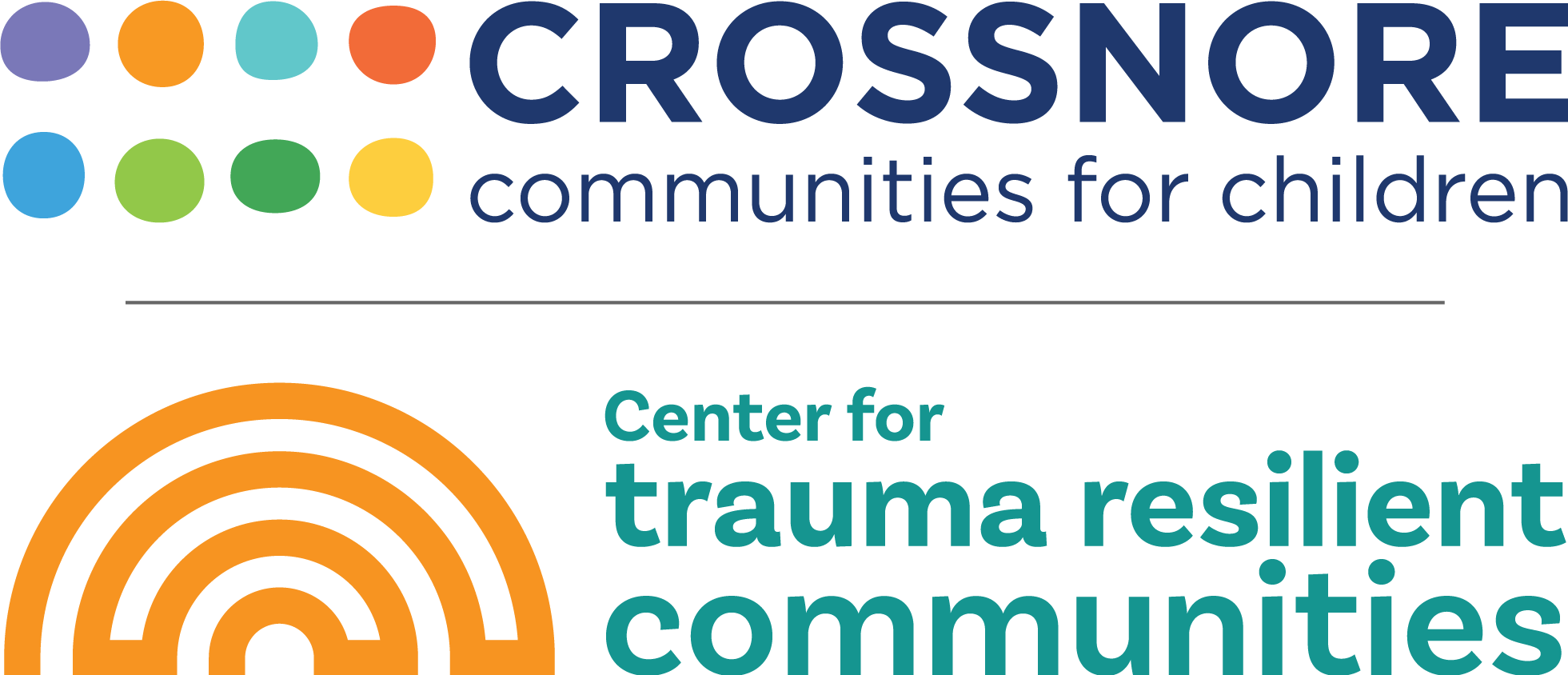Featured Story
Building Trauma Resilience,
One City At A Time

The idea of building trauma-informed organizations has been a top priority of many for years. But what would it look like to have a city that was trauma-responsive and focused on building resilience? That was the five million dollar question that led the Center for Trauma Resilient Communities to Louisville, Kentucky. The Louisville Metro Office for Safe and Healthy Neighborhoods (OSHN) was awarded a 5-year, 5-million dollar grant from the Substance Abuse and Mental Health Services Administration (SAMHSA) to build a trauma-resilient community.Together, in partnership with OSHN, University of Louisville Kent School of Social Work, Seven Counties Services, and Spalding University Collective Care Center, the Center for Trauma Resilient Communities (CTRC) set out to do just that. The Louisville TRC Project focused on three branches of intervention at the micro, mezzo and macro levels. CTRC’s focus was within the mezzo level of implementation working closely with organizations small and large.
A cornerstone of the mezzo intervention was to develop backbone agencies that received 4-5 years of training, coaching, and implementation support to become certified trauma resilient organizations. Following the CTRC theory of change, the backbone agencies set out to build resilience not only in their own organizations but to collectively create a trauma-responsive community by embedding and embodying shared trauma knowledge and understanding across a system of care.
The need, excitement, and trepidation for this new project was evident from the beginning. The first training focused on the leaders from each backbone agency who nominated champions to attend the 5-Day Train the Trainer Certification. Throughout both trainings, many expressed the dire need for the culture change that the Louisville TRC project could bring. Little did we know that the project would meet two significant events that changed Louisville, the country, and the world; COVID-19 and the killing of Breonna Taylor.
With these two events came disruption, change, and growth. The grieving process lasted throughout much of the grant’s second and third years, testing those who had been part of the initial training. CTRC helps build comprehensive tools and norms to address stress and trauma. Still, the question remained, how could CTRC help build a trauma-responsive community while the city is experiencing unprecedented trauma, pain, stress, and devastation?
Utilizing trauma-informed practices, the CTRC team conducted racial healing forums in partnership with community leaders and city officials. With the forums, extra time, and consultation support, the project is seeing momentum and change across the Backbone Agencies. Each agency faced many challenges throughout this time. Still, it also allowed them to see in real time with real issues how CTRC responds to trauma and adversity and, ultimately, how it helps to strengthen resilience.
As we close out Year 5 of the grant, CTRC has successfully trained 416 individuals at 51 different agencies and supported 78 Champion Trainers who have trained 1,593 individuals. This strong network of amazing individuals has brought small grassroots organizations into partnerships with larger organizations to create a system of care with a common goal…making the city of Louisville a trauma-resilient community.
Other Featured Stories
A Trauma Resilient Paradigm Shift
by Micha James
Advocate, Leader and TRC Community Champion
Belonging and Learning: My Crossnore Communities for Children Journey and the Founding of the Center for Trauma Resilient Communities
by David McCorkle, LCSW
Co-Founder and Senior Faculty, Crossnore CTRC
